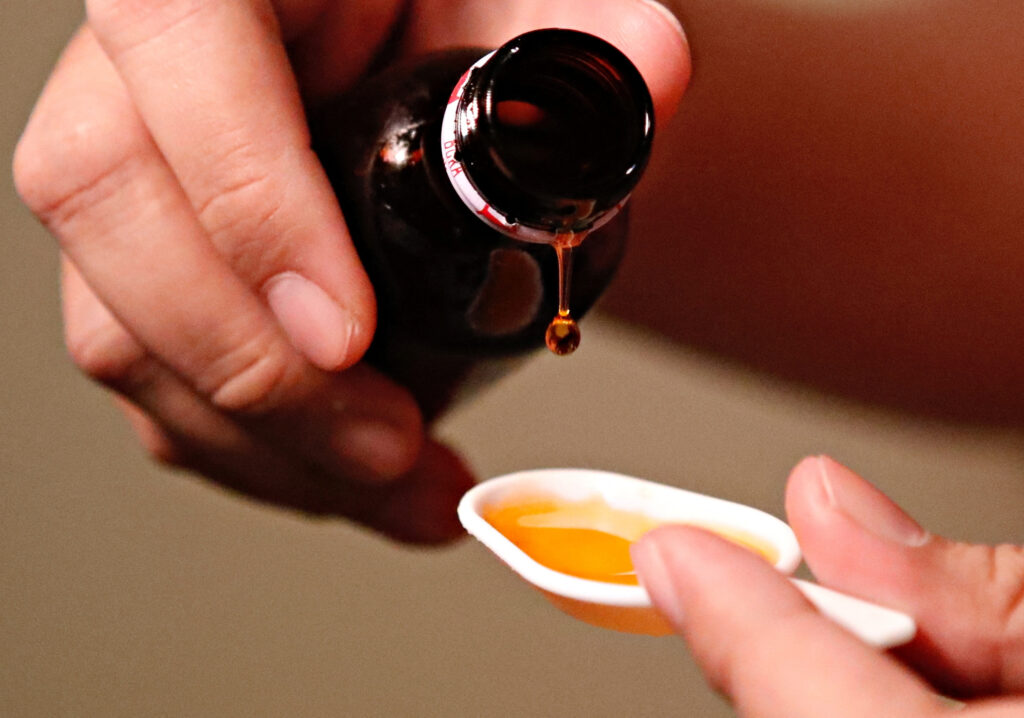Pholcodine Cough Syrups and Life-threatening Risks under General Anaesthesia
If you have consumed cough syrups containing Pholcodine in the past 12 months and are about to go under general anesthesia, make sure you tell your doctors!

Pholcodine-containing cough syrups or cough-suppressant lozenges are common in Singapore. These include the Duro-Tuss and Difflam brands which are widely prescribed and consumed. In December 2022, the European Medicines Agency (EMA) recommended that these products be withdrawn from the European market. The Malaysian National Pharmaceutical Regulatory Agency (NPRA) and the Australian Therapeutic Goods Administration (TGA) have followed suit.
EMA’s recommendation was based on a review of post-authorisation safety studies of Pholcodine including the final results of the French Allergy to Neuromuscular Blocking Agents and Pholcodine Exposure” (ALPHO) study.
This data showed that the consumption of pholcodine in the 12 months before general anaesthesia with neuromuscular blocking agents (NMBAs) is a risk factor for developing an anaphylactic reaction to these agents.
The ALPHO study showed that the risk was 4.2 times greater (odds ratio 4.2). A separate single centre study from Western Australia showed a very significant risk of anaphylaxis with an odds ratio of 12.7. The data does not identify which individuals may be at greater risk. The overall risk of anaphylaxis to NMBAs is 1 in 6500.
To induce general anesthesia in patients, a muscle-relaxing agent (an NMBA) is often used. The common ones include atracurium, rocuronium, vecuronium, cisatracurium, mivacurium and succinylcholine.
Anaphylaxis is a severe allergic reaction when your immune system releases a rush of chemicals that drop your blood pressure, and cause severe breathing difficulties, skin rashes, lip and tongue swelling, nausea, and vomiting. If not identified quickly this can lead to shock, cardiorespiratory arrest, and death.
The Health Sevices Authority (HSA) in Singapore has not withdrawn these products pending a more thorough evaluation. In response to media enquiries, the HSA has “required companies to include on the labels of medication containing pholcodine that patients undergoing general anaesthesia should inform their anaesthetist if they have taken the medicine in the past 12 months.”
Share this blog via:
